
Recommendation
Most people know that work experience matters; but just how valuable is it? In this article, experts from the McKinsey Global Institute and People & Organizational Performance Practice sum up findings drawn from the data of millions of workers across four countries: Work experience contributes significantly to human capital and, therefore, lifetime earnings. Workers who make bold, frequent role changes are rewarded with stronger wage growth than their less mobile peers, and some workers who start out with relatively few qualifications can “catch up” by developing their skills while on the job.
Summary
About the Authors
Kanmani Chockalingam led the working team as engagement manager for McKinsey. Anu Madgavkar and Jeongmin Seong are McKinsey Global Institute partners, while Sven Smit serves as MGI’s chair and Jonathan Woetzel as its director. Bill Schaninger and Hamid Samandari are McKinsey senior partners, and Davis Carlin is a McKinsey partner.


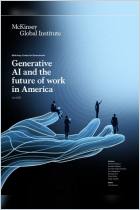

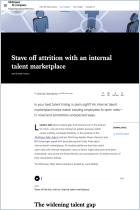
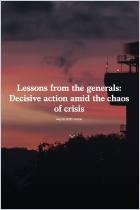

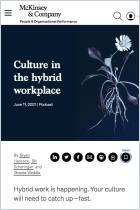
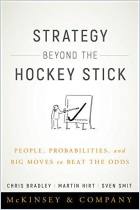
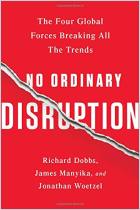
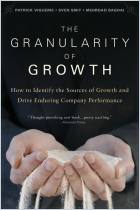
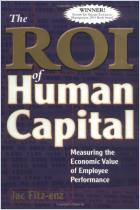
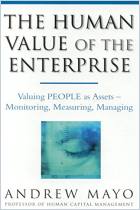
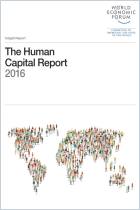
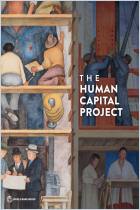
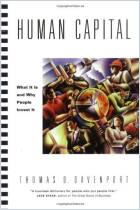
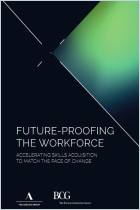

Comment on this summary